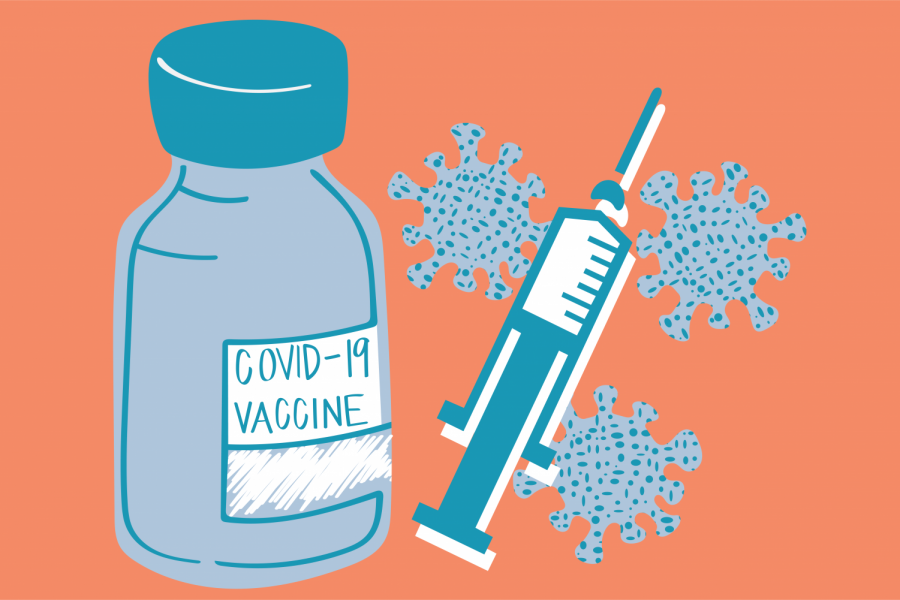University of Minnesota researchers are developing a new vaccine that could be effective in fighting the COVID-19 virus in humans and has not previously been explored in the fight against the virus.
Research shows the vaccine is highly effective against COVID-19 and some of its variants. The newer variants, including Delta, had not emerged at the time of the study. Researchers are currently testing the virus against these new variants.
The virus causing the COVID-19 pandemic is just one type within the coronavirus family. In the past, there have been other coronaviruses, like the 2002 SARS epidemic in China. New types will most likely appear in the future, according to Fang Li, lead researcher and University veterinary and biomedical sciences professor in an email to the Minnesota Daily.
“The ultimate goal is to discover a broad-spectrum vaccine against many coronaviruses and their variants,” Li said.
The new vaccine is made of virus-like particles that mimic COVID-19 without injecting the virus into patients. This combines the advantages of two common vaccine types, virus-based and protein-based, while eliminating their drawbacks.
While certain virus-based vaccines are effective, they can cause side effects like symptoms of the targeted illness. On the other hand, common protein-based vaccines are safe but generally not as effective.
This new virus-like particle vaccine can maximize immune responses because it mimics the virus structure while retaining the safety of common protein vaccines, Li said.
The bacterial protein used in the new vaccine should not cause infection because it cannot replicate. In other cases, the virus in vaccines has the potential to replicate and infect the host, said Marc Jenkins, a research collaborator and microbiology and immunology professor.
“It’s an inanimate particle that looks sort of like a virus,” Jenkins said. “It stimulates a very good immune response.”
Researchers have been in touch with vaccine companies that have the capacity to manage and fund a human clinical trial to test the vaccine, Li said.
Li is one of the first researchers to study virus-like particle vaccines against COVID-19. This technology is used within vaccines to treat Human Papillomavirus (HPV) and Hepatitis B.
At this stage, researchers injected mice with the vaccine in order to test its effectiveness. Researchers then tested mice blood to determine if mice were producing antibodies, Jenkins said. Research showed the mice developed large amounts of antibodies, indicating the vaccine would produce immunity in humans.
“The antibodies are what provide us with protective immunity,” Jenkins said. “If you have the antibodies, you probably have immunity.”
While the COVID-19 vaccines currently being used around the country and world are effective and safe, this vaccine takes a different approach, according to Jenkins. He said he thinks it is wise to explore different approaches right now, given the state of the pandemic.
“Every time we think we have the pandemic behind us, it seems like we don’t,” Jenkins said. “I think it’s certainly worthy of pursuit until we fully have the pandemic under control because we don’t know what’s going to happen.”


















